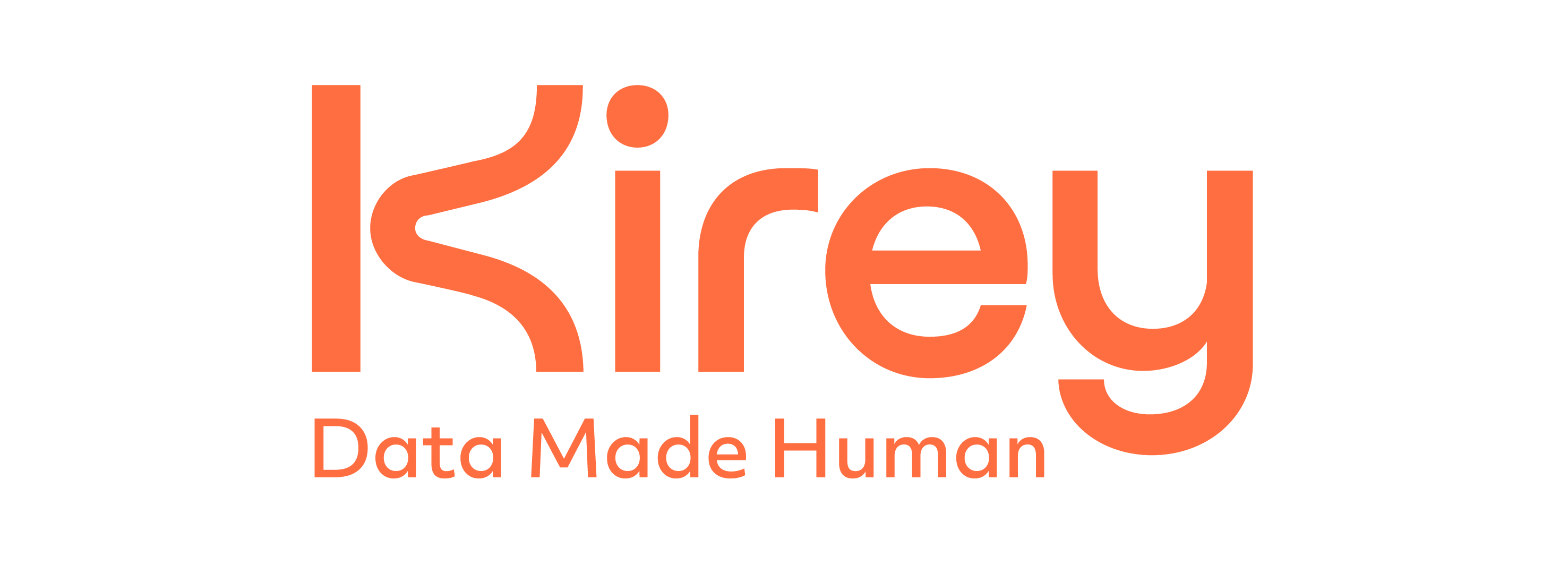By Teresa Roma, Business Line Manager at Kirey Group
In the digital era, metadata has emerged as a crucial tool for organizations seeking to fully harness the potential of their data assets. It acts as a sophisticated navigation system that categorizes and contextualizes data across three main types: descriptive, structural, and administrative.
Metadata therefore plays a central role in data governance (DG), the management process to ensure the availability, usability, integrity, and security of data within enterprise systems. A well-structured DG program cannot be considered complete without including specific strategies for creating, updating, sharing, and controlling metadata, ensuring it is accurate, complete, and compliant with company policies.
The implications of solid metadata management extend far beyond the simple storage of records. Metadata represents a critical infrastructure that supports operational efficiency, regulatory compliance, and strategic decision-making, driving innovation, reducing risks, and opening new opportunities for business growth.
As information that defines data quality and describes the structure, pathway, and use of data, metadata becomes the foundation of AI governance, ensuring that data can be traced, understood, and used correctly, enabling transparency and accountability in AI-driven decision-making.
But what is the most effective way to achieve this?
Integrating Data Quality and Governance: The Need for an Integrated Approach
The metadata management solutions market is characterized by a wide variety of approaches and technologies, driven by the need for data centralization, quality improvement, and process automation.
The prevailing approaches include active metadata management, which enables real-time updates and supports automated decision-making, and augmented cataloging, which leverages AI to simplify data identification and management. But how can companies identify their current level of data governance and quality and take concrete actions to improve it?
To this end, it is necessary to develop a qualitative framework—a methodology that goes beyond merely monitoring data to use it as a strategic lever. This integrated approach is particularly useful in a market where the fragmentation of data management solutions poses an increasing challenge.
How to Create a Framework That Embraces the Entire Data Lifecycle
The implementation of an Information Quality Framework (IQF) is distinguished by its ability to manage data lineage, providing a complete view of the data lifecycle from origin to consumption. This is especially crucial in contexts where sectors like finance, telecommunications, and healthcare face increasingly stringent regulations, such as GDPR. Through advanced metadata management, an IQF not only ensures compliance but also provides tools to monitor data quality in real-time and take proactive action.
The fundamental stages of an IQF journey are essentially three:
- Starting with an analysis of business needs to define clear objectives, assess the maturity level of data governance, and organize metadata through centralized cataloging to ensure complete traceability with data lineage tools.
- Monitoring data quality in real-time, automating controls, and suggesting corrective actions with machine learning algorithms.
- Ensuring regulatory compliance and transparency through robust governance rules and active integrations via APIs, in a continuous improvement cycle that adapts solutions to evolving business needs.
"Cataloging" Builds Trust, Value... and Identity
Data quality and metadata management are interdependent: effective metadata management is essential to ensure data quality, while good data quality enhances the utility and reliability of the information managed through metadata.
From a data value perspective, metadata management builds trust in data, ensuring not only compliance with current regulations but also the reliability needed to support key decisions.
In this way, metadata, as information about data, becomes representative of what a company does, almost of its mission in the market. Yet, as highlighted earlier, it cannot exist without two preceding elements: a strategy supporting advanced data governance and management control that identifies the progress of metadata and its potential for the company in responding to market developments.
In this context, adopting an Information Quality Framework means embracing a methodology designed to adapt to today's challenges while being prepared to tackle those of tomorrow, with a flexible, integrated, and technologically advanced approach that makes it a strategic choice for companies aiming to gain a competitive edge through truly data-driven management.
